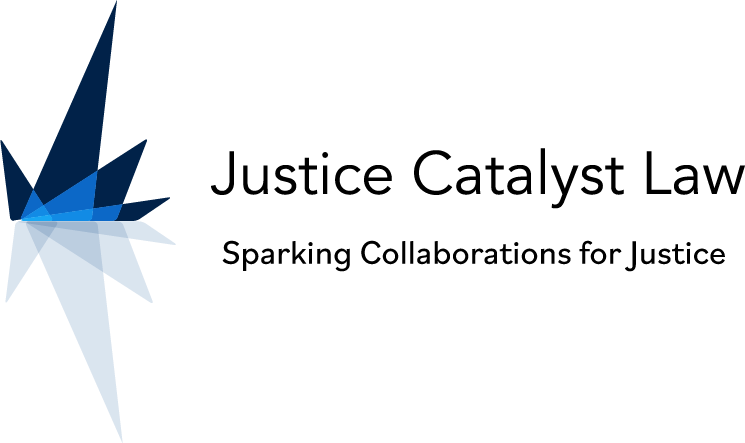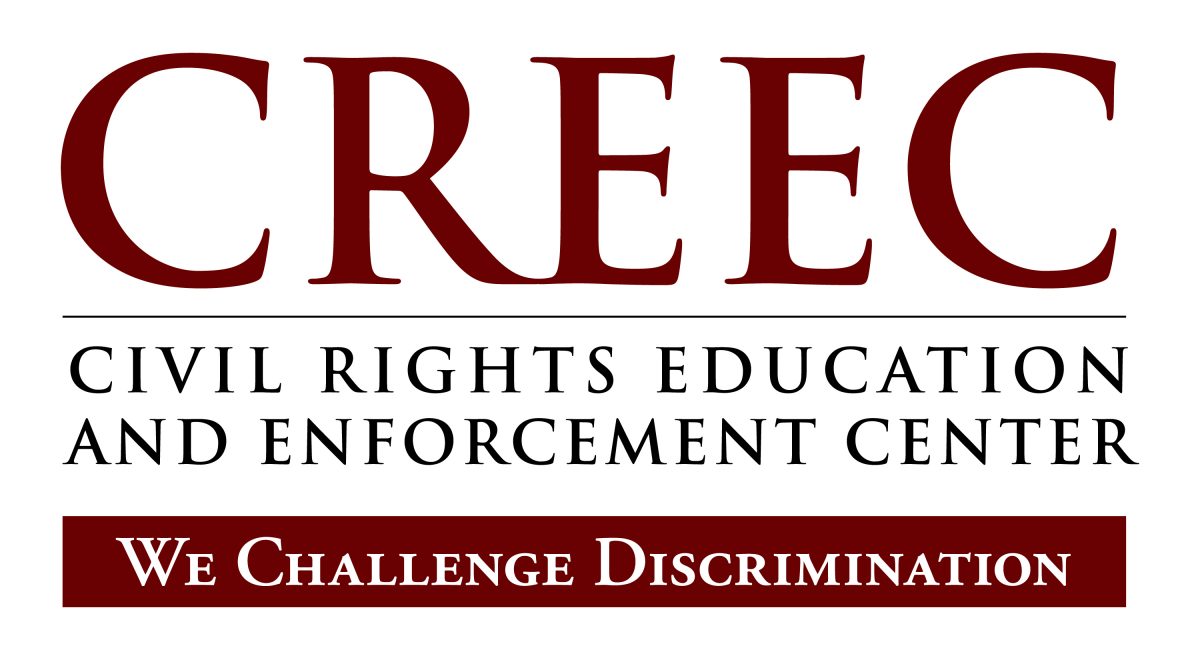

Complaint Alleges Disability Discrimination in Violation of Multiple Federal Laws
Justice Catalyst Law, Inc. (JCL) and the Civil Rights Education and Enforcement Center (CREEC) have filed a sweeping federal lawsuit challenging the Salvation Army’s discriminatory and outdated policy and practice of denying access to necessary, doctor-prescribed medications to participants in its Adult Rehabilitation Centers (ARCs). ARCs are a nationwide network of Salvation Army programs and services geared towards drug and alcohol recovery. The suit alleges that the Salvation Army discriminates against individuals with disabilities by denying them medication-assisted treatment (MAT) in over 100 ARC programs and services across the United States.
JCL and CREEC filed this lawsuit on behalf of Plaintiff Mark Tassinari and similarly situated others. Mr. Tassinari has a long history of opioid use disorder (OUD) and participation in doctor-prescribed MAT. In 2018 he was ordered by a court to complete the Salvation Army’s ARC program as a condition of probation. While he was not receiving MAT when he enrolled at the ARC, his doctor prescribed MAT shortly thereafter. When the Salvation Army learned of Mr. Tassinari’s use of MAT, it immediately expelled him from its ARC program and services, including housing. This happened in April 2018 and forced Mr. Tassinari onto the street. In May 2021, the Salvation Army refused to allow Mr. Tassinari to re-enroll in its ARC program and services due to his disability and use of MAT for treatment.
“When the Salvation Army expelled me from Rehabilitation, they took away my housing, food, and stability. They called my probation officer, knowing that I could be arrested for leaving the program early, even though they knew I wanted to stay. All just because I took medicine prescribed by my doctor to help treat my disability. I’m really struggling to get back on my feet. I don’t want anyone else to suffer like I have because of the Salvation Army’s discriminatory MAT policy,” said Mr. Tassinari.
The Salvation Army’s discriminatory nationwide policy prohibits MAT use by participants in its ARCs and excludes MAT users from participating in those programs and services. This Salvation Army policy puts thousands of people with OUD at increased risk of death, relapse, severe illness, and homelessness each year. “Thousands of people with OUD seek rehabilitation and housing at Salvation Army ARCs each year. Many of them don’t have a choice because they are placed in the Salvation Army as a condition of probation or alternative to jail. It is unconscionable that the Salvation Army turns away people who are taking doctor-prescribed MAT, and prevents enrolled participants from getting MAT from their doctors if they need it,” said Lucy Bansal, Counsel at Justice Catalyst Law, Inc.
Tassinari v. The Salvation Army National Corporation et al, No. 21 Civ. 10806 (D. Mass.) is a class action under the Americans with Disabilities Act, the Rehabilitation Act, and the Fair Housing Act. “All people with disabilities are legally entitled to have equal access to programs, services, and housing without discrimination due to their diagnosis or type of doctor-prescribed treatment. We are hopeful this lawsuit will increase the rehabilitation options available to people with OUD who are using MAT,” said Martie Lafferty, Director of the Accessibility Project at Civil Rights Education and Enforcement Center.
JCL and CREEC encourage others who use doctor-prescribed MAT and have been denied participation in one of the Salvation Army’s ARC programs or services, including housing, to contact them.
##
Lucy Bansal, Justice Catalyst Law: lbansal@justicecatalyst.org, 202.525.7516
Martie Lafferty, Civil Rights Education and Enforcement Center: mlafferty@creeclaw.org, 615.913.5099
Justice Catalyst Law, Inc. (JCL) is a nonprofit law firm that activates path-breaking approaches to social justice lawyering that have real-world impact and improve the lives of those denied access to justice. JCL’s work emphasizes the commercial and private rights violations that underlie systemic social and economic injustice. By putting problems and people first, and analyzing them from multiple perspectives, JCL creatively explores whether litigation can advance human and civil rights or economic and social justice. JCL’s team has extensive expertise in effectuating broad-scale change through legal work in both the litigation and policy arenas and have been certified as class counsel in a range of civil rights, wage and hour, consumer, and antitrust class actions nationwide. More information about JCL is available at www.justicecatalyst.org.
The Civil Rights Education and Enforcement Center (CREEC) is a nonprofit membership organization whose goal is ensuring that everyone can fully and independently participate in our nation’s civic life without discrimination based on race, gender, disability, religion, national origin, sexual orientation, or gender identity. Based in Denver, Berkeley, Los Angeles, and Nashville, CREEC promotes this mission through nationwide education, outreach, and litigation. CREEC lawyers have been certified as class counsel in numerous class actions brought under federal and state disability rights laws and have litigated numerous other impact disability rights cases. More information about CREEC is available at www.creeclaw.org.
